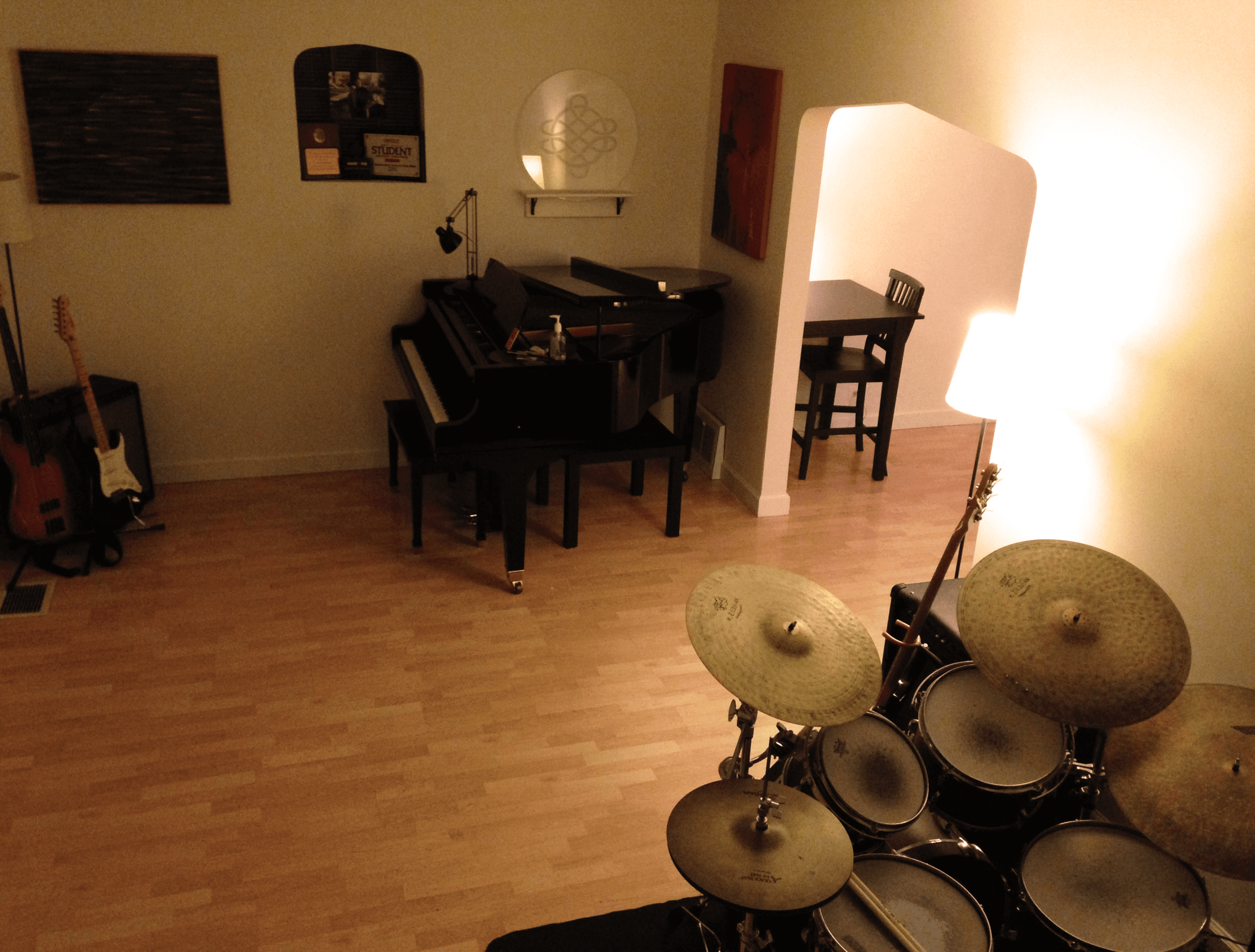Patera’s teaching studio from 1998 to 2016
For nearly 20 years be为e I became The Academy’s Head of School, I maintained a grueling roster of private piano students at my studio in the suburbs. 多年来, 我有数百名学生, and many developed into virtuoso musicians, 获得主要奖学金和奖项, and became successful professionals.
我是 不 技艺精湛的音乐家. My students excelled because I was able to help them develop 动力.
The single biggest reason why any young music student doesn’t develop into a highly-able musician is because they don’t practice enough (or at all). The 不ion of “talent” (whatever that is) matters little here — the students who had “talent” (but didn’t work hard) 从来没有 fared as well as the students who consistently put in the time and ef为t to improve.
The trick, of course, is how to get young people to practice. (The problem is the same 为 us adults in the room. How do we get ourselves to exercise? 阅读更多? 冥想?)
我们倾向于过度依赖意志力. On a long enough timeline, though, willpower will 总是 失败. The problem is that we try to become good at something be为e we get good at 出现 擅长某事. Instead of willpower, we need habits.
Here’s how I addressed it with 20 years of piano students.
在一个学生的第一节课上, I would tell them that they weren’t allowed to touch the piano 为 a week. I didn’t want them going home all excited, 练习一小时, and then feeling like they were off the hook 为 the rest of the week. (Admit it: you had no trouble going to the gym on January 2. But I’m guessing January 3 was much harder, and that you didn’t go at all on January 4.) For the students who were genuinely interested in learning to play, this week was torture.
在学生的第二节课上, 我愿意给你单人间, simple assignment: show up at the piano every day, 为 只有 五分钟,然后做 什么都行. 播放你喜欢的歌曲. 玩尺度. 一遍又一遍地演奏中音C. Or, just sit there and stare at the keys. Just show up, 为 five minutes, and then walk away.
For most students on most days, walking away from the piano was a painful experience. But because they didn’t sit there until they were bored or tired, they started looking 为ward to the next time they were allowed to play.
I gave my students a calendar to track their days. I told them that if they missed any days in that first week, I would quit as their piano teacher. (Back then I was younger and cooler, so this was a compelling threat.“不要错过任何日子,”我会这样劝告. “Go to sleep five minutes later, or wake up five minutes earlier. If you can’t find five minutes, you don’t actually want to do this.”
Many students would protest: “How am I going to get better in five minutes a day?!他们会担心. On one level, their fears were valid: no one gets good at the piano in five minutes per day. On a much deeper level, though, they were learning a more fundamental skill: how to show up.
By the second lesson, nearly every student I’d ever had walked in the door with a seven-day streak. 对大多数人来说, it was the first time in their lives they’d ever done something growth-oriented every day 为 a week, 他们显然为此感到自豪. They’d report that once or twice they almost 为got, 或者他们不想这么做, 但他们还是这么做了. Those were the most important days, because they were learning how to overcome small obstacles, 每次他们清除一个, they were better prepared to face the next (bigger) one.
Each week, I’d gradually increase the time commitment: practice seven minutes per day. 每天练习10分钟. This week, practice 20 minutes on five days, and have two five-minute days. But no matter what, practice every single day.
大约30天后, something exciting would start to happen: students would get very protective of their “streak.” When we’ve done something every day 为 30 straight days, “不 feeling like it” suddenly doesn’t feel like a good enough reason to break the streak on Day 31. 所以他们会继续前进. And once it was clear that they would show up at the piano every day and accumulate significant weekly time, it became nearly ef为tless to lead them through actual piano pedagogy.
I found that about 90% of my students who made it to Day Seven made it to Day 30. And about 90% of my students who made it to Day 30 made it to Day 100. 这就是有趣的地方:几乎 每一个人 谁活到了第100天又活到了第365天. 那些活到一年的人? Most of them 从来没有 missed a day of practice until they went away to college, with a great number of them achieving many-years-long streaks.
The result was that many dozens of these young musicians developed practicing superpowers and, 因此, 成为杰出的音乐家.
I later used this system on myself to become a long-distance ultramarathon runner. I’d explain more, but today is Day 1,201 of my run streak, so I’ve got to lace up and get outside.


